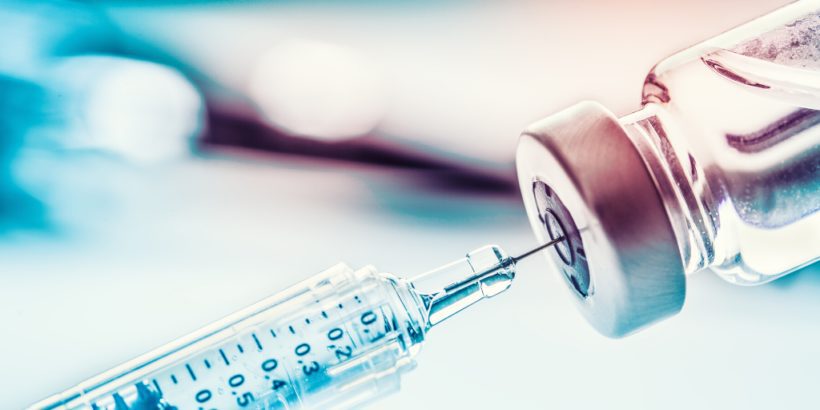As cities and states begin to re-open, everyone is waiting for things to return back to normal.
But even with business is re-opening, things are hardly back to normal.
Many businesses are forced to operate with limited capacity, such as only allowing in 25% of patrons. Other establishments are requiring or at least highly suggesting for customers to wear masks and to stand 6 feet from each other when shopping or when waiting in lines.
And beyond the policies put in place by these businesses, there is the underlying sense of anxiety that so many people have when heading out now.
You never know where the virus could be lurking or who could be carrying it.
These are things that I believe will completely change once a vaccine is ready. If you’ve been following news stories related to vaccines like I have, you have seen timelines thrown out of 12 to 24 months. Basically, in a best case scenario, people have stated that a vaccine will be ready in early 2021.
Those are largely based on precedent that we have to go by for other past viruses.
But some researchers out of the highly respected University of Oxford (Harvard of the UK) believe that there could be a coronavirus vaccine much sooner.

In fact, Oxford University researchers say that they have already developed a coronavirus vaccine that prevented the virus from spreading in a small study involving monkeys. They believe that if further studies go well, this coronavirus vaccine (called ChAdOx1 nCoV-19) could be widely available by September.
The vaccine apparently prevented lung damage to the monkeys who were exposed to high levels of coronavirus after they were given a single dose of the vaccine.
The paper detailing the results still needs to be peer reviewed which could take weeks to months. But the researchers are showing a high degree of confidence largely because they were able to piggyback off data from viruses related to coronavirus.
Of course, working on monkeys is one thing and working on humans is quite another.
But they have already started human trials and the researchers are hopeful that the data will show the vaccine is effective for humans by June. If that is the case, this vaccine could be mass produced and widely available to the public by September.
There are many different institutions working on coronavirus vaccines which is obviously a great thing. But it appears that these researchers at Oxford University “are working at uncommon speed, starting a placebo-controlled clinical trial while finalizing the manufacturing of their potential vaccine,” according to Statnews, who tracks vaccine development.
Oxford University is partnered with biopharmaceutical company AstraZeneca, who would develop, manufacture, and distribute the vaccine.
In a press release from AstraZeneca, CEO Pascal Soriot said:
As COVID-19 continues its grip on the world, the need for a vaccine to defeat the virus is urgent. This collaboration brings together the University of Oxford’s world-class expertise in vaccinology and AstraZeneca’s global development, manufacturing and distribution capabilities. Our hope is that, by joining forces, we can accelerate the globalisation of a vaccine to combat the virus and protect people from the deadliest pandemic in a generation.
It’s still too early to tell if this vaccine will in fact be ready by September but personally it feels good to see such a well-known university working on something so ambitiously.
If we were able to get vaccines in place before the fall flu season kicks in I think this would be tremendous on so many different levels.
Obviously, the top priority is the health of the public but this could expedite the return to travel.
Many people would feel safe traveling in time for the holidays and we could see a boom in travel demand return likely after the turn of the new year.
And then imagine how safe you would feel traveling with a vaccine plus all of the enhanced sanitation methods that hotels and airlines are employing.
Let’s hope that the trials continue to be successful and that we hear more good news in another month or two.
Daniel Gillaspia is the Founder of UponArriving.com and the credit card app, WalletFlo. He is a former attorney turned travel expert covering destinations along with TSA, airline, and hotel policies. Since 2014, his content has been featured in publications such as National Geographic, Smithsonian Magazine, and CNBC. Read my bio.

